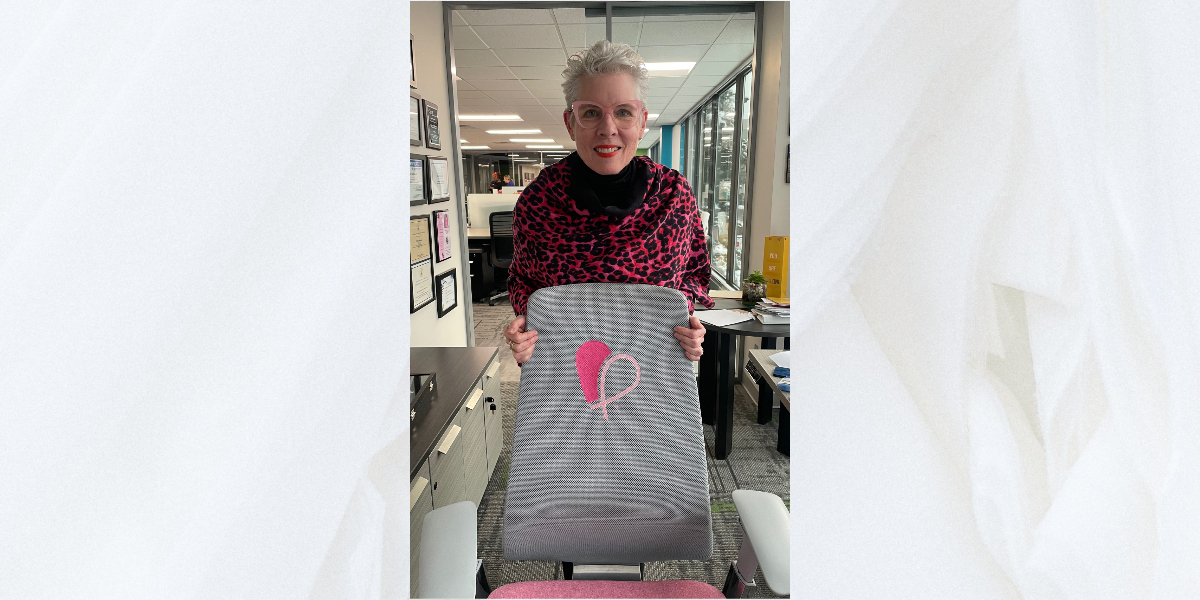Black entrepreneurs – Entrepreneurship has always been a challenging endeavor, even more so for people of color.
Through the decades, black entrepreneurs have struggled to secure funding.
Instead, many rely on venture capital financing that’s earmarked for diverse founders.
Although many succeeded, Black founders and Black-led business entities have endured disparities over the years regarding acquiring VC funding.
Generally, Black entrepreneurs receive less than 2% of total VC dollars annually.
Meanwhile, Black women-led companies receive less than 1%.
VC funding drop
Following the murder of George Floyd in 2020 and the racial justice that followed, 2021 brought historic gains for Black founders and Black-led startups regarding securing VC funding.
By the end of 2022, the momentum around the movement slowed, and market conditions took a turn for the worst, losing most of the gains.
According to Crunchbase data, overall VC funding dropped 36% last year amid inflation and surging interest rates.
However, Black businesses endured a steeper drop (45%), the most significant year-over-year decrease Black entrepreneurs suffered in the past ten years.
Kyle Stanford, a Pitchbook senior analyst, said:
“There were a lot of political and cultural strife problems in 2020 and early 2021 that created a higher focus on Black and diverse founders.”
“No one wants that to be the reason why they focus on investing in any group, but that did put a lot of focus on the problems that the VC has had investing in anyone outside of a straight white male.”
Meanwhile, Marlon Nichols of MaC Venture Capital said diverse businesses usually take the worst of the VC slowdowns due to firms resorting to the circumstances of economic turmoil.
“We’ve always invested in white men and that’s what we’re going to do right now. That’s where we’re comfortable,” said Nichols, a Black entrepreneur.
“That’s where we know and believe that we’re going to get the return.”
“This diversity thing is cool, we’ll pick it back up maybe, you know, once we’ve weathered this storm.”
The Honey Pot Company
Beatrice Dixon is the CEO and co-founder of the vaginal-wellness brand The Honey Pot Company.
She was faced with the challenge of launching her brand in 1,100 stores.
By 2016, Dixon secured a Target deal but had to find a solution to scale up from making her products in her kitchen.
She found her answer in the New Voices Foundation, a fund that supports women entrepreneurs of color.
The financing, along with the help of friends and family, allowed her to quit her job and move the operations, launching her brand in Target stores in 2017.
Since then, it has become a staple in retailers.
Read also: 4 invaluable tips to keep your nephrologist email list subscribers happy
“It was really hard, man, we weren’t having any luck,” said Dixon. “I don’t know what would have happened if we didn’t get that money.”
“It was hard. Us being Black-owned business founders, was it harder? Sure, it probably was,” she continued.”
“I think every time we raised money, we had trouble doing it, you know, but I think that the important context to put there is that anybody that raises money, it’s not going to be easy.”
Although Nichols doesn’t invest solely in diverse businesses, he’s more likely to compared to others due to MaC Venture Capital being led by a diverse team rather than the typical all-white men team.
“The investors are primarily white and male and usually come from affluent communities, which means that they have very specific experiences and have been exposed to very specific things and are comfortable with very specific things,” said Nichols.
Ladi Greenstreet, CEO of Diversity VC, pointed out that many firms find investing in founders from diverse backgrounds is risky due to the entrepreneurs coming from a norm they’re not accustomed to.
Diversity as a priority
Following George Floyd’s murder in 2020, central banks and investment firms highlighted that they would prioritize diversity.
Despite their pledges, the 2022 funding drop-off seemed to show that the promises were temporary charities, not investments.
“When you take venture capital financing the expectation is that, you know, you have a partner now, if you reform, your partner is going to continue to back you, they’re going to help you to raise that next round of funding, right?” said Nichols.
White-led teams have no expectations of recipients being extraordinary in their early years of operations for follow-on funding.
However, Marion Nichols pointed out that the bar is higher for Black entrepreneurs.
“For most of these Black founders, that’s exactly like the expectation, you’ve got to be extraordinarily exceptional in order to get additional capital,” explained Nichols.
“And if you’re truly treating this like all investments that you make, then that shouldn’t be the case.”
A gamble
SoGal Ventures is a VC firm dedicated to supporting diverse entrepreneurs and women.
Under the leadership of co-founder Pocket Sun, it has helped multiple startups that grew to values of over $1 billion.
“From a financial investment perspective, this remains a huge blue ocean for people to dive in,” said Sun. “Venture capital is a very privileged and exclusive industry, and has always been that way.”
“And it has such disproportionate decision-making power on the future of technology, the future of innovation, the future of quality of life in many ways.”
According to John Roussel of Colorwave, although investing in diverse teams is viewed as a moral imperative, studies show it can lead to higher returns for investors.
“And somehow, we’re still stuck in this situation where we’re trying to convince people of that,” said Roussel.
“It really takes, you know, strong players taking a lead and showing people that there is opportunity here and there is generally the same success rates regardless of someone’s skin color.”
“Clearly, it’s safe to bet on Black business,” said Beatrice Dixon, pointing to her success.
“My skin color shouldn’t be part of the conversation, period. And yet, it still is, right?”






